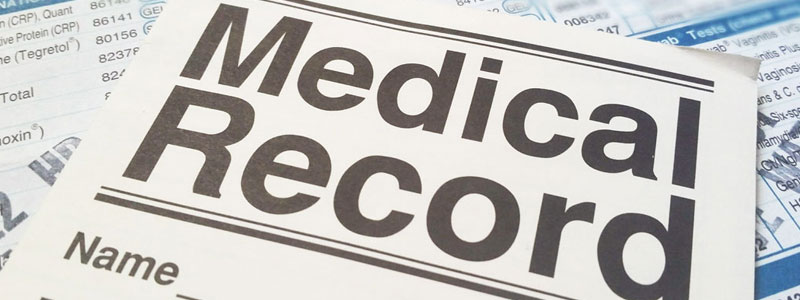I Have Chronic Kidney Disease. Can I Qualify for Disability Benefits?
Most people only focus on a few parts of their body to gauge whether or not they’re healthy. People track their heart rates on their smartwatches or feel their lungs ache when they decide to take the stairs instead of the elevator to their sixth-floor meeting. Some people avoid certain foods to prevent their stomachs […]

March 2, 2018

Most people only focus on a few parts of their body to gauge whether or not they’re healthy. People track their heart rates on their smartwatches or feel their lungs ache when they decide to take the stairs instead of the elevator to their sixth-floor meeting. Some people avoid certain foods to prevent their stomachs from hurting or wear special shoes to support their arches.
There are other parts of the body, however, that you probably never think about unless you have strong, strange symptoms. For most people, our kidneys fall into this category. Our kidneys play an important role in our overall wellbeing, but we mostly don’t even notice them unless something is terribly wrong.
Your kidneys filter water and waste out of your blood to make urine. Your kidneys also have a number of other functions, including controlling blood pressure, balancing salts and minerals in the blood, strengthening your bones, and making red blood cells.
Damage to the kidneys can keep your kidneys from filtering your blood correctly. This damage often occurs over time, which is why such damage is often known as chronic kidney disease.
If you have chronic kidney disease, you may be wondering if you can qualify for Social Security disability benefits. These benefits assist those who are unable to work due to disability. Your eligibility for benefits depends on a number of factors, including the severity of your disability and the strength of the evidence you can provide to show that you cannot work.
Social Security’s Listing of Impairments

When someone applies for disability benefits, Social Security first has to determine whether or not that person meets their definition of “disabled.” Social Security’s definition is much narrower than culture’s definition of “disabled.” There are specific guidelines in place so Social Security can evaluate each applicant’s condition(s) by the same rules.
 These guidelines are made public in Social Security’s listing of impairments. Divided into 14 sections, the listing of impairments provides incredible detail regarding a number of medical conditions. You can see just how severe, widespread, permanent, or disabling your condition has to be in order to stand a chance at qualifying for benefits.
These guidelines are made public in Social Security’s listing of impairments. Divided into 14 sections, the listing of impairments provides incredible detail regarding a number of medical conditions. You can see just how severe, widespread, permanent, or disabling your condition has to be in order to stand a chance at qualifying for benefits.
The listing of impairments discussed chronic kidney disease, as well as other kidney impairments, in the section titled, “Genitourinary Disorders.”
The good news is that chronic kidney disease is included in the listing of impairments to start. Some medical conditions are not including in the listing of impairments, which makes it difficult for Social Security to evaluate how that condition might affect a person’s ability to work.
The listing includes far too much detail to discuss here. However, there are a few things worth noting:
- If you are on dialysis, your dialysis treatment must have lasted or be expected to last for 12 continuous months.
- If you have had a kidney transplant, you will be considered disabled for one year from the date of the transplant. After a year, Social Security must re-evaluate your condition.
- If your specific impairment is not included in the Genitourinary Disorders section, Social Security will evaluate your impairment to see if it is medically equal to an impairment already listed. Social Security will take into account multiple conditions, if you have them, when determining whether your impairment meets their criteria.
You can find the section regarding chronic kidney disease here.
The Importance of Medical Evidence

Even if you suffer from chronic kidney disease, Social Security cannot simply take your word for it. Instead, Social Security will request your medical records related to your condition.
That’s one reason why it’s so important to continue to seek medical treatment while you’re waiting to be approved for benefits. Every time you visit the doctor, a record is created regarding your health and what medicine or treatment your doctor prescribed. It’s important to follow your doctor’s treatment to the letter so Social Security doesn’t conclude that your condition could be improved if you just followed your doctor’s instructions.
Help from an Indiana Social Security Disability Lawyer
If you’re suffering from chronic kidney disease and need assistance, Hensley Legal Group may be able to help. Whether you’re interested in filing an initial application or you need representation for a hearing, our disability attorneys are here for you. Call us today or contact us online for a free conversation about your case.